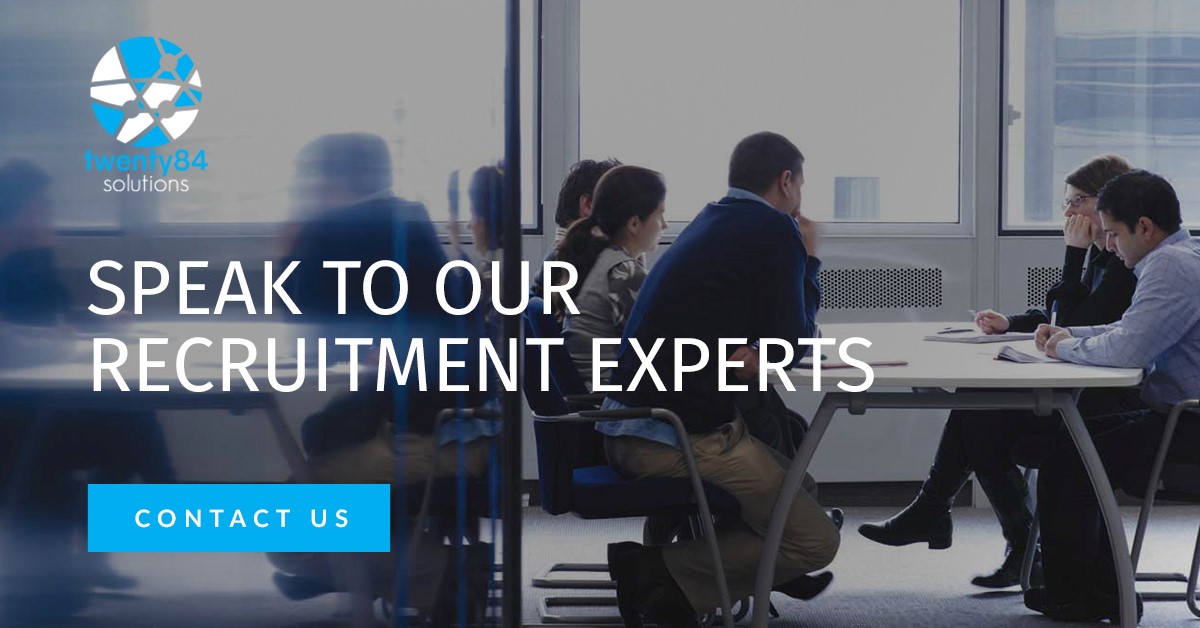Finance and Accountancy interview tips - what you need to know
Finance and Accountancy professionals play a crucial role in organisations.
Securing a competitive position in this field requires careful preparation and standout performance in interviews. Whether you're an experienced professional or just starting your career, here are some tips to help you excel in finance and accountancy interviews:
Before your interview:
1. Research the company
Take the time to thoroughly research the company you are interviewing with. Understand its industry, products or services, financial standing, and any recent news or developments. This knowledge will enable you to showcase your interest in the company and align your answers with its specific needs and goals.
2. Stay updated on industry trends
Keep yourself informed about the latest trends, regulations, and advancements in the finance and accountancy industry. Stay up to date with changes in accounting standards, tax regulations, and financial reporting practices. This demonstrates your commitment to professional development and shows that you are aware of the challenges and opportunities facing the industry – which will appeal to your prospective employers.
3. Prepare and rehearse for likely interview questions
While each interview is unique, there are certain questions that commonly arise in finance and accountancy interviews. Be prepared to discuss your experience, technical skills, problem-solving abilities, and your understanding of financial analysis and reporting. Practice answering questions related to financial statement analysis, budgeting, forecasting, and risk management. Some other questions might include:
- Tell us about your experience as an Accountant/Finance Officer/Head of Finance/CFO
- Why did you choose to make a career as a Accountant/Finance Officer/Head of Finance/CFO?
- Explain how you would implement effective budgeting and forecasting processes
- What was the most difficult financial risk or issue that you have handled?
- What do you believe is essential for an effective financial reporting procedure?
- Tell us what you know about the financial challenges this company might be facing
- What training and/or certifications do you have, and what more would you like to add to your repertoire
By preparing answers to these questions, you will once again be able to demonstrate your knowledge in, and enthusiasm for, the sector.
Be aware that it is also very likely you will be asked personal questions too, such as:
- Tell us about yourself (here, you’ll be expected to talk through your CV, how your career has progressed, and why you have applied for the role)
- How do you spend your free time? (it’s important to highlight any hobbies and interests that also include any skills that can be used within the role you’re interviewing for when asked this question)
- What are your greatest strengths and weaknesses? (for your strengths, explain how you will use them within the role, and with weaknesses, suggest how you are working to improve upon these and how this will be beneficial in the role)
- Why are you leaving your current role? (ensure you keep your response to this positive - for example, state that you are looking for a better culture fit, or you want to expand your career prospects, rather than being negative about your current placement)
4. Prepare your own questions
Asking thoughtful questions during the interview demonstrates your genuine interest and engagement. Prepare a list of questions that focus on the company's financial strategies, career progression, team dynamics, or any recent financial challenges the organisation has faced – as well as asking which are the key areas you will be focussing on. This shows that you are proactive and seeking a deeper understanding of the role and company.
If your questions have been answered throughout the interview process already without you asking them previously, don’t ask them - it will look as though you haven’t been paying attention!
5. Make travel plans
Ensure you allow enough time (plus a bit extra) to get to your interview location, and plan for any potential hold-ups, such as traffic, roadworks or unreliable public transport.
6. Prepare anything you have been asked to bring - and make duplicate copies
Check through this the night before and ensure that it is all presented neatly.
7. Dress appropriately
Do some research into the company’s culture and dress accordingly; it’s not ideal to turn up over/under-dressed! Banks tend to expect you to be formally dressed, whereas FinTechs mostly have a more casual dress code.

During the interview:
1. Showcase your technical knowledge
Finance and accountancy roles require a strong understanding of financial principles, accounting standards, and relevant software tools. Be prepared to discuss your technical skills and experiences in detail. Provide specific examples of how you have applied your knowledge to solve complex financial problems or improve financial processes.
2. Highlight your analytical and problem-solving skills
Employers value candidates who can analyse financial data, identify trends, and make informed decisions. Use the interview to demonstrate your ability to think critically, interpret financial information, and propose effective solutions. Share examples of how you have tackled challenges or implemented improvements in your previous roles.
3. Emphasise your attention to detail
In finance and accountancy, accuracy is crucial. Highlight your ability to work with precision, ensure data integrity, and maintain compliance with relevant regulations. Discuss how you have managed complex financial data, conducted thorough audits, or identified discrepancies in financial statements.
4. Showcase your communication skills
Effective communication is essential in finance and accountancy roles, as you may need to convey complex financial information to non-financial stakeholders. During the interview, articulate your ideas clearly, demonstrate active listening, and provide concise and meaningful explanations. Show that you can adapt your communication style to various audiences.
After the interview:
While you are awaiting feedback from your interview, ensure you make other applications. Not only will this give you a safety net in case your current application is unsuccessful, but, should you be invited for further interviews, you will be able to demonstrate that you are potentially in demand from other companies, which will make you a more desirable candidate.
If your interview is unsuccessful, do not be disheartened; instead, thank the company for their time and ask if there is anything you can improve upon for next time.
What next?
Our recruitment experts here at Twenty84 have a plethora of experience placing finance and accoutancy professionals in their ideal role. Unlike other recruitment agencies, we’ll also take the time to get to know you as both a professional and individual, so that we can fully support you in preparation for your finance or accountancy interview. If this support is of interest to you, register with us today. We also have a variety of finance roles currently available on the jobs page of our website, so be sure to take a look around there.

